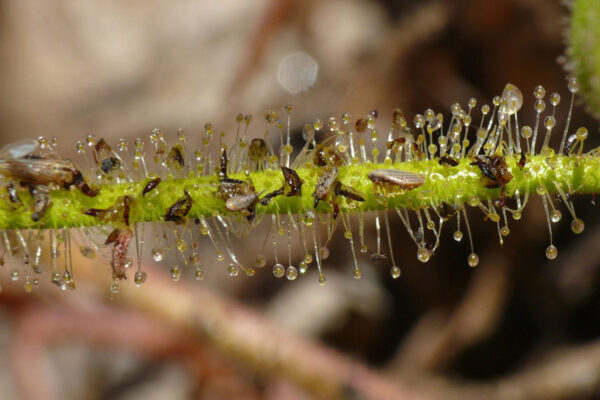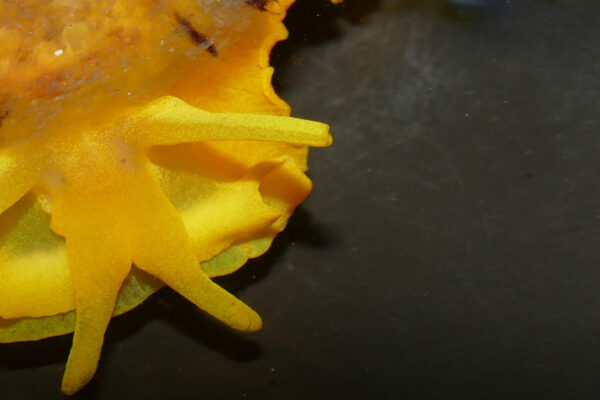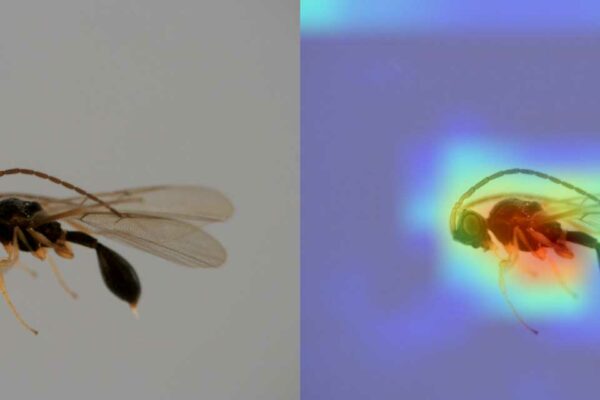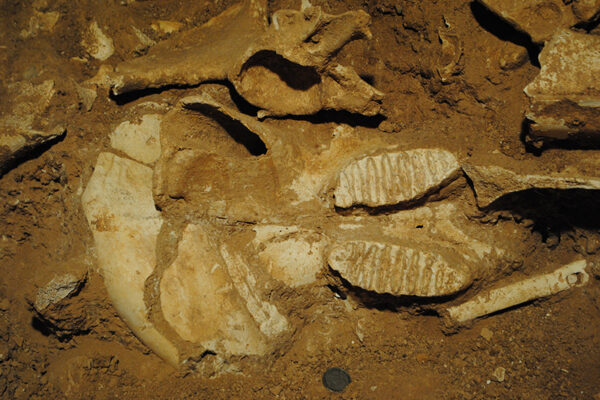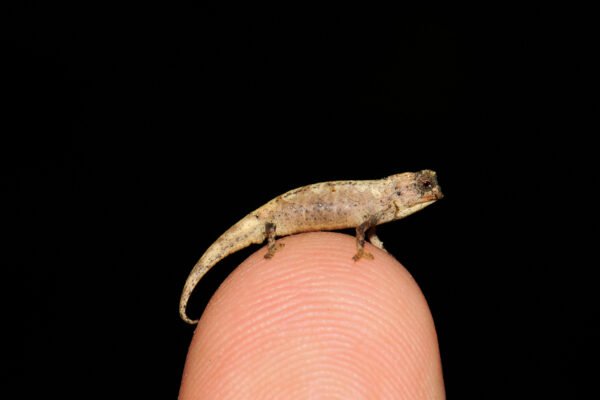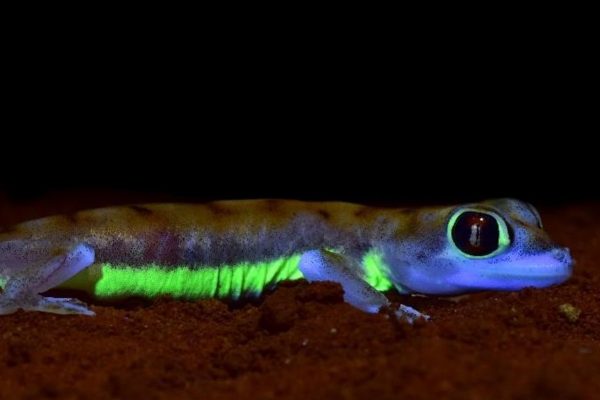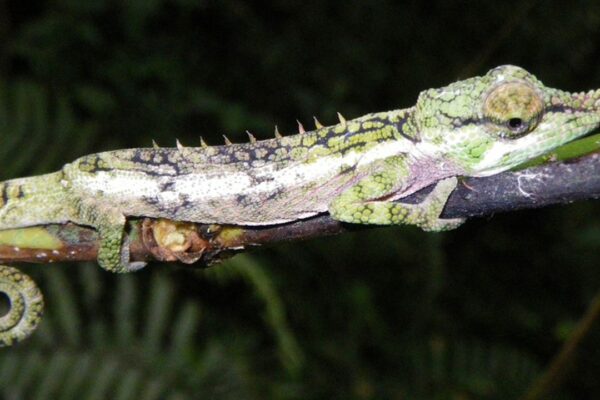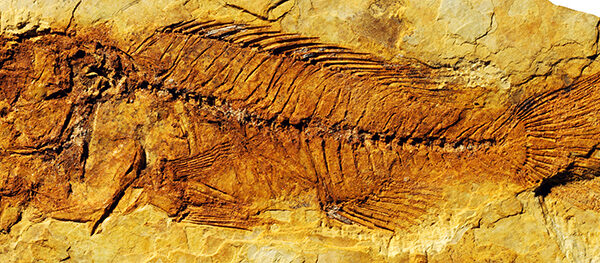Research activities
Research activities at the SNSB are closely intertwined with their collection activities. The collections form the starting point for analyses and at the same time provide permanent evidence for the results of the research. Research focuses on Biosphere Change and Alpine Systems as the core research areas at the SNSB, in particular the Alpine region and global biodiversity hotspots such as Chile, Indonesia, Madagascar, Peru and, more recently, Colombia and Vietnam.
A central aspect of research at the ZSM is to use the collections as a research infrastructure in a sustainable way, to develop and strengthen integrative and interdisciplinary research approaches in the context of collection development, and to strengthen innovative approaches and develop supporting methods in the field of biodiversity research
Processes of speciation in terrestrial and aquatic animals are currently being intensively studied at the SNSB, particularly in fishes, amphibians, and reptiles, but also in some insect and molluscs. The SNSB houses the largest Lepidoptera collection in the world and in Germany the only large mollusc research collection with a marine focus, as well as the only German Pycnogonida collection. In addition, integrative analyses on phylogeny and evolutionary history have been carried out for years within the framework of several third-party funded projects.
The fauna of alpine regions are particularly informative for determining various aspects of biodiversity dynamics. Within the framework of the project “Barcoding Fauna Bavarica”, more than 20,000 species were genetically examined, thus creating solid identification tool for many taxa and their life stages for the first time. The digitization of alpine collections enables verifiable statements to be made about the biological effects of climate change.


